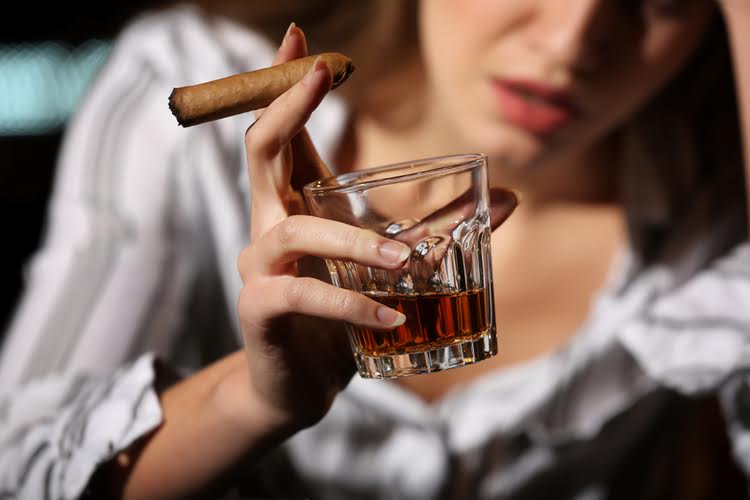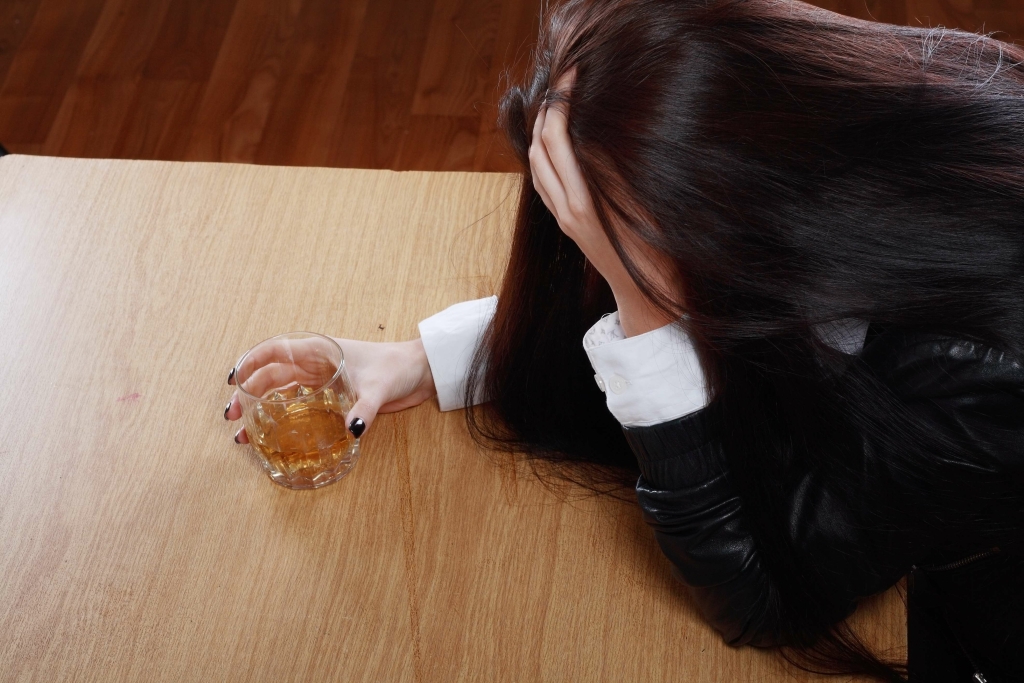This is useful for helping to adjust your sleep schedule and ensuring that you get a good night’s sleep. You can take it for days in a row, just take it before bed, lay down, and you should have an easier time drifting off. Alcohol can start to affect your sleep within the first few hours after consumption, especially if you drink close to bedtime.
Personal Relaxation Methods
Recovery.com uses a standard procedure to make sure treatment provider profiles on our site are current and complete. It’s a wonder that she gets any time to write about her culinary adventures. She particularly loves all types of fusion cooking, mixing the best of alcohol rehab different food cultures to make interesting and unique dishes.
When to Seek Professional Help for Insomnia After Alcohol Detox

The good news for individuals who want to quit drinking is that there are a number of alcohol-free methods to help you fall asleep. Overall, it’s crucial to refrain from drinking alcohol right before bed so you can wake up feeling rested and ready to take on the day. In fact, having a drink before bed might actually have a negative impact on the quantity and quality of your sleep. If you can’t sleep without alcohol, I’m here to help you make impactful and positive changes in your life. Finally, seeking professional help early can prevent sleep issues from derailing your recovery. Chronic sleep deprivation increases the risk of relapse, as fatigue lowers impulse control and heightens cravings.
- Many people in recovery may suffer from sleep deprivation but not necessarily insomnia.
- Age significantly influences withdrawal insomnia severity, with older adults often experiencing more persistent sleep problems due to natural age-related changes in sleep architecture.
- Exercise can also play a key role in improving your sleep quality.
How to Fall Asleep Without Drinking Alcohol

Avoid consuming these substances in the evening—ideally, limit caffeine after lunch and quit smoking or reduce nicotine use, particularly later in the day. And RISE can give you an exact time each day based on your circadian rhythm. Good sleep hygiene will help you fall asleep faster and stay asleep longer, so you don’t need to have something before bed for sleep. As a sober therapist who quit alcohol after drinking to fall asleep for over a decade, I completely understand.

What happens when you mix alcohol and sleeping pills?
Finding a routine that is right for you will be highly personal. Some individuals may find reading to be relaxing while others may find it stimulating. Try to find activities and processes to include in a routine that are a balance between being interesting and enjoyable, so that you will look forward to them, but not too stimulating.
Professional guidance ensures a safe and effective strategy for overcoming withdrawal-induced sleep disruptions. Recovery from alcohol use disorders opens the door to many positive changes, including the restoration of healthy, natural sleep patterns. While the journey through withdrawal insomnia can be challenging, it represents an important step toward overall health and wellness. Professional medical supervision during alcohol withdrawal is essential, particularly for managing severe insomnia that can complicate the recovery process. Medical detox programs provide round-the-clock monitoring and support for withdrawal symptoms, including sleep disturbances.
How to sleep without alcohol?
- These techniques are particularly effective for those who can’t sleep without alcohol as they help simulate the relaxing effect that alcohol might have had.
- I was both drinking and meditating, but eventually the meditating stayed and the drinking was left behind.
- However, it’s vital to comprehend how alcohol affects sleep patterns to grasp the knock-on effects of alcohol withdrawal.
- It can elevate mood, curb anxiety, relieve pain, and make social situations more fun and enjoyable.
Years ago, I would frequently succeed in quitting drinking for one day. Later that night, hours after I went to bed, I would get tired of my brain feeling like it was on fire and head to the how to sleep without alcohol kitchen to pour myself a drink so that I could finally fall asleep. The journey of sleep improvement after quitting alcohol is a gradual but rewarding process. From the initial challenges of the first week to the long-term benefits of restored sleep patterns, each stage brings its own set of changes and improvements. While the immediate effects may include some sleep disturbances, the short-term improvements in sleep duration and quality soon follow.
- Maintain your profile by updating your photos, video links, treatment services, and contact details to ensure optimal visibility.
- Some people experience post-acute withdrawal syndrome, or PAWS, which can last for several months.
- Chronic insomnia is a recurring difficulty in falling or staying asleep, persisting for at least three months.
With each additional alcohol-free night, your body is quietly working in the background to restore its natural rhythm. While those nights can feel unpleasant, they are short-lived, and within just a few weeks, you’ll begin to reap the reward of deeper, lasting, high-quality sleep. For many individuals, sleep patterns begin normalizing after the first month of sobriety.
